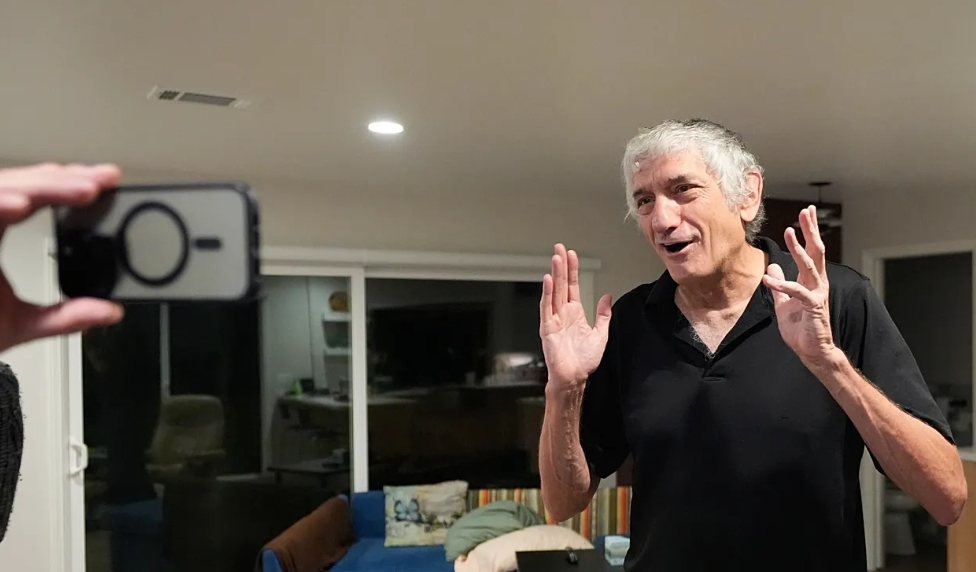John Martinez wins the Nobel Prize in Physics for 2025 for his achievement in quantum computing
October 10, 2025901 ViewsRead Time: 2 minutes

Font Size
16
American scientist John Martinez has won the Nobel Prize in Physics for 2025, in recognition of his pioneering research in the field of quantum computing, and his leadership of the "quantum supremacy" experiment conducted by Google, which demonstrated the ability of quantum computers to perform complex computational tasks in seconds, compared to the thousands of years required by traditional computers.
From Theory to Application
In an interview with "Euronews", Martinez spoke about his scientific career that began in the 1980s, noting that quantum computing has transitioned from being an academic theory to a tangible reality, with devices capable of running simple algorithms and understanding their structure.
Challenges in the Quantum Industry
Martinez explained that the path to developing this technology has not been easy, as it required the collaboration of physics, engineering, programming, and materials science. He also pointed out that the monopoly of private companies on development may slow scientific progress, due to the difficult balance between commercial secrecy and academic openness.
Opportunities for Youth
Despite the challenges, Martinez believes that the field has matured and presents a golden opportunity for young scientists, who can join research teams and work on developing algorithms or materials, even without a PhD, as long as they possess the necessary technical skills.
The Future of Quantum Computing
Martinez confirmed that quantum computing is no longer just a theory, but has become a reality in the hands of the new generation, emphasizing the importance of collaboration between universities, companies, and governments to ensure the transformation of this technology into practical applications in fields such as medicine, data security, and energy.
Croatian Roots
At the end of the interview, Martinez denied rumors about his Greek origins, explaining that his father is from the Croatian island of "Iša", and that he is proud of belonging to more than one culture, saying with a smile: "I love having connections to more than one country. It’s wonderful".
